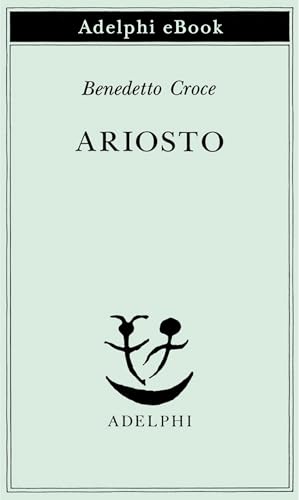
Ariosto, si è detto per secoli, è poeta incantevole, seducente, invincibile. Ma perché i suoi versi agiscono in questo modo? Qual è il loro segreto? Perché continuano a incantarci? Croce si pose tali interrogativi e riuscì a rispondervi con questo saggio, che rimane fra le sue opere in assoluto più felici e quasi come dimostrazione in atto di che cosa possa voler dire la sua celebre distinzione fra poesia e non poesia. In «Ariosto», Croce isola «l’armonia» come centro occulto dell’«Orlando furioso», ma soprattutto ci fa vedere, attraverso molteplici esempi, che cosa di fatto sia, come si articoli, come si difenda questa armonia. Rare volte la teoria e la pratica di un filosofo della letteratura hanno coinciso così perfettamente come in questo testo. «Ariosto» fu pubblicato per la prima volta in volume nel 1920.
Author

Italian philosopher and politician. He wrote numerous topics including philosophy of history and aesthetics. Raised in a very strict Catholic family. Around the age of 18, he turned away from Catholicism and became an atheist, remaining so for the rest of his life. After an earthquake in 1883, his parents and only sister were all killed, while he was buried for a very long time and barely survived. After the incident he inherited his family's fortune and was able to live the rest of his life in relative leisure, enabling him to devote a great deal of time to philosophy. He was the Minister of Education. He was an open critic of Italy's participation in World War I. He openly opposed the Fascict Party till his death in 1952. http://en.wikipedia.org/wiki/Benedett...